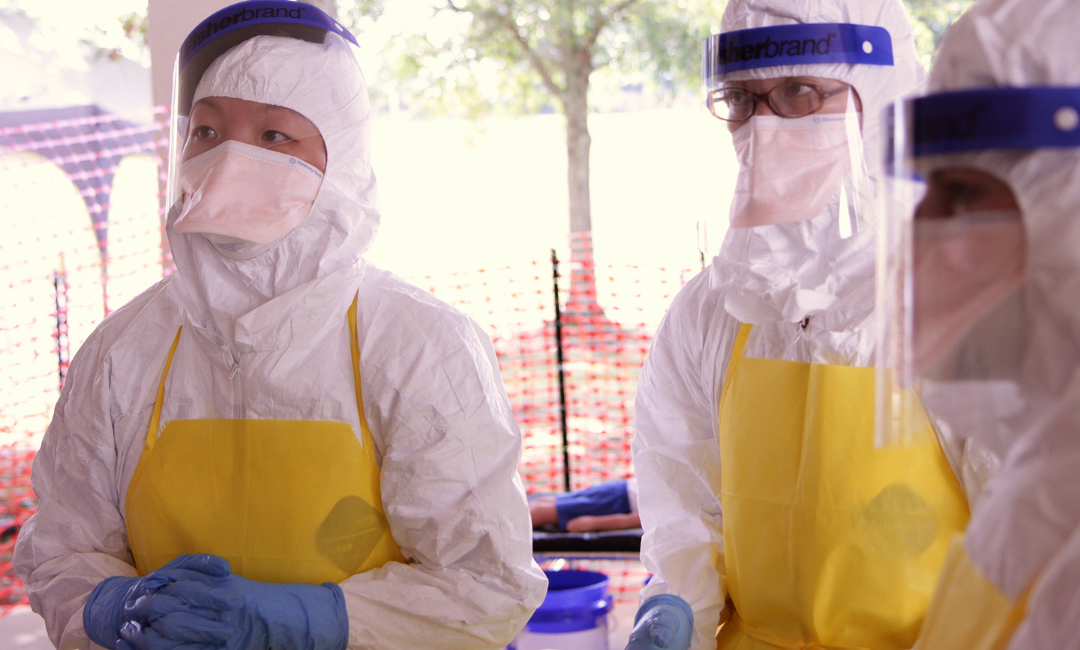Empowering Nurse Advocacy
The NAS will give nurses “tools, resources, and exclusive opportunities” to improve their advocacy efforts, according to ANA. Benefits for what ANA calls “NAS ambassadors” include webinars, videos, and training sessions that go into detail on ANA’s policy positions along with networking events.
Meanwhile, the Robert Wood Johnson Foundation (RWJF) Health Policy Fellows program, which gives mid-career professionals a path to help shape health policy, just celebrated its 50th anniversary.
Marie Michnich, a former program director, told the National Academy of Medicine the program’s longevity can be attributed to its adaptability.
“[The fellows] have to understand how policy is made in Washington, D.C., and that changes over time,” Michnich said. “So [the program] has to adapt… The lecture that people gave in the ’70s is not going to be the same lecture that people are giving today.”
David Keahy, 2015-16 fellow, provided the lone practitioner perspective when the Comprehensive Addiction Recovery Act (CARA) was up for discussion. He explained the country’s physician shortage and how nurse practitioners and physician assistants are, in many cases, primary providers for patients in rural areas. The measure passed, 92-2, giving NPs and PAs the authority to prescribe buprenorphine for opioid use disorder.
Some nurses have taken the initiative to spread awareness of pending legislation on their own. Like Alexandra Stivers, a CRNA graduate student in North Carolina. She penned an editorial for the Charlotte Observer last week that championed the state’s Safe, Accessible, Value-Directed and Excellent healthcare (SAVE) Act.
The measure, introduced by Rep. Donna McDowell White, would expand scope of practice and expand full-practice authority to APRN, but has seen little movement since last March.
Others can advocate through their state nurses association. The Washington State Nurses Association, for example, is active in advocacy efforts, releasing a statement of priorities following the 2024 presidential election.









